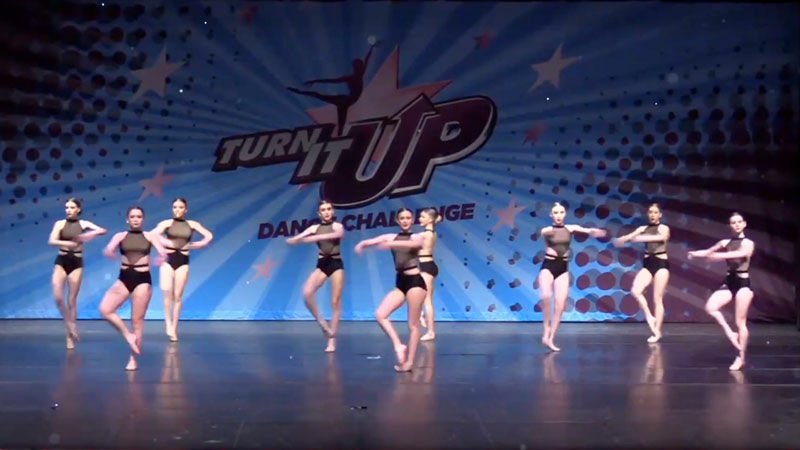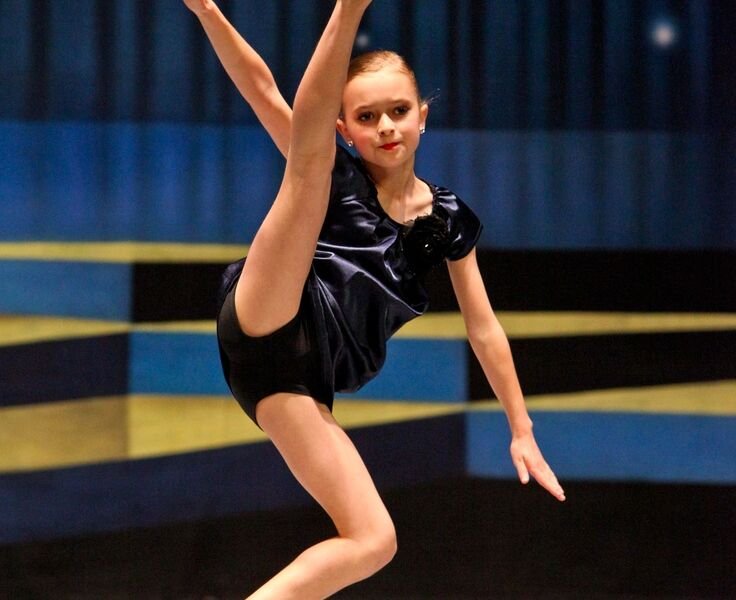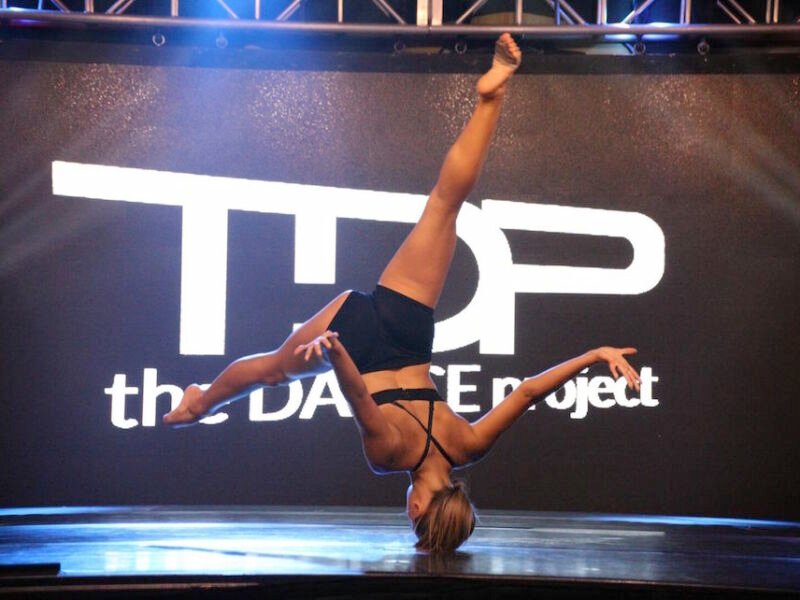
Introduction
Dance competitions have become a significant part of the performing arts world, offering dancers a platform to showcase their talent, hone their skills, and receive recognition for their hard work and dedication. These events bring together dancers from different backgrounds and styles, creating an atmosphere of creativity, passion, and healthy competition. In this article, we will break down the different dance competition categories, providing a comprehensive overview of the exciting world of competitive dance.
The Importance of Dance Competitions
Dance competitions play a vital role in the development and growth of dancers. They provide opportunities for dancers to receive constructive feedback from judges, allowing them to refine their technique and performance skills. These events also serve as a platform for dancers to network with industry professionals, gain exposure, and potentially open doors to future opportunities in the dance world.
Competitive dance not only pushes dancers to improve their technical abilities and artistry but also instills in them valuable life skills such as discipline, teamwork, and perseverance. Through the challenges and triumphs experienced in dance competitions, dancers develop resilience and confidence that extend beyond the stage.

The Different Dance Competition Categories
Dance competitions encompass a wide range of styles and genres, catering to dancers of all backgrounds and preferences. Let’s delve into some of the most prominent categories found within the competitive dance circuit:
1. Ballet
Ballet competitions focus on classical ballet technique, emphasizing grace, precision, and artistry. Dancers perform both solo variations and group ensembles, showcasing their technical skills and storytelling abilities.
2. Tap
Tap competitions celebrate the rhythmic and percussive elements of tap dance. Dancers create intricate footwork patterns and syncopated rhythms while showcasing their individuality and musicality.
3. Jazz
Jazz competitions showcase the dynamic and expressive nature of jazz dance. Dancers perform high-energy routines, combining dance elements from various styles such as lyrical, contemporary, and hip-hop.
4. Contemporary
Contemporary dance competitions embrace a fusion of various dance forms, allowing dancers to explore and express their creativity. Performances often incorporate elements of ballet, modern, and improvisation, focusing on fluidity, emotion, and innovation.

5. Lyrical
Lyrical dance competitions emphasize storytelling through movement, combining elements of ballet, jazz, and contemporary dance. Dancers aim to convey the lyrics and emotions of the accompanying music, creating a visually captivating experience for the audience.
6. Hip-Hop
Hip-hop competitions highlight urban dance styles, including breaking, popping, locking, and freestyle. Dancers showcase their agility, musicality, and creativity, often incorporating intricate choreography and innovative moves.
7. Acro
Acro competitions combine dance and acrobatic elements, requiring dancers to demonstrate impressive strength, flexibility, and balance. Performances incorporate acrobatic tricks, lifts, and partner work, adding an exciting dynamic to the routines.
8. Open/All-Styles
Open or all-styles competitions provide a platform for dancers to showcase their versatility and proficiency in multiple dance genres. These categories encourage dancers to explore and combine various styles, allowing for a truly diverse and eclectic showcase of talent.
The Experience of Dance Competitions
Participating in a dance competition is not just about the performance itself. It involves a comprehensive experience that encompasses various aspects:
1. Preparation
Dancers invest countless hours perfecting their choreography, technique, and overall performance. They rehearse tirelessly, working as a team or independently to ensure they deliver their best on competition day.
2. Adjudication
Competing dancers receive feedback and scores from a panel of expert judges who evaluate their performances based on technical execution, artistry, musicality, and stage presence. This feedback helps dancers identify areas for improvement and encourages their growth as artists.
3. Networking
Dance competitions bring together dancers, choreographers, teachers, and industry professionals from around the globe. This provides a unique opportunity for networking, forming connections, and gaining exposure within the dance community.
4. Celebrating Achievements
A dance competition culminates in the recognition and celebration of dancers’ achievements. Awards are presented to honor outstanding performances, choreography, and overall excellence, fostering a supportive and encouraging environment.
competes.tv – Your Source for Dance Competition Content
If you’re passionate about the world of competitive dance, competes.tv is your go-to source for all things related to dance competitions. From informative articles to captivating video content, competes.tv provides an in-depth look into the dance competition scene, highlighting inspiring stories, industry insights, and valuable resources.
Explore the world of dance competitions with competes.tv and uncover the endless possibilities that await talented dancers like yourself.